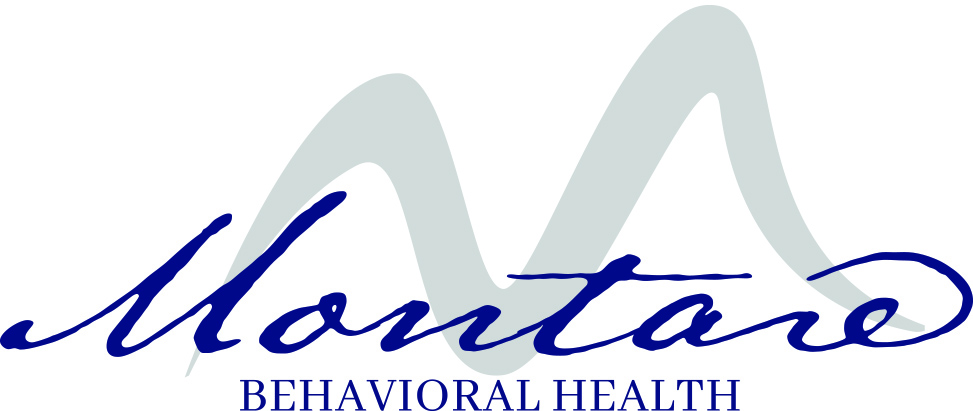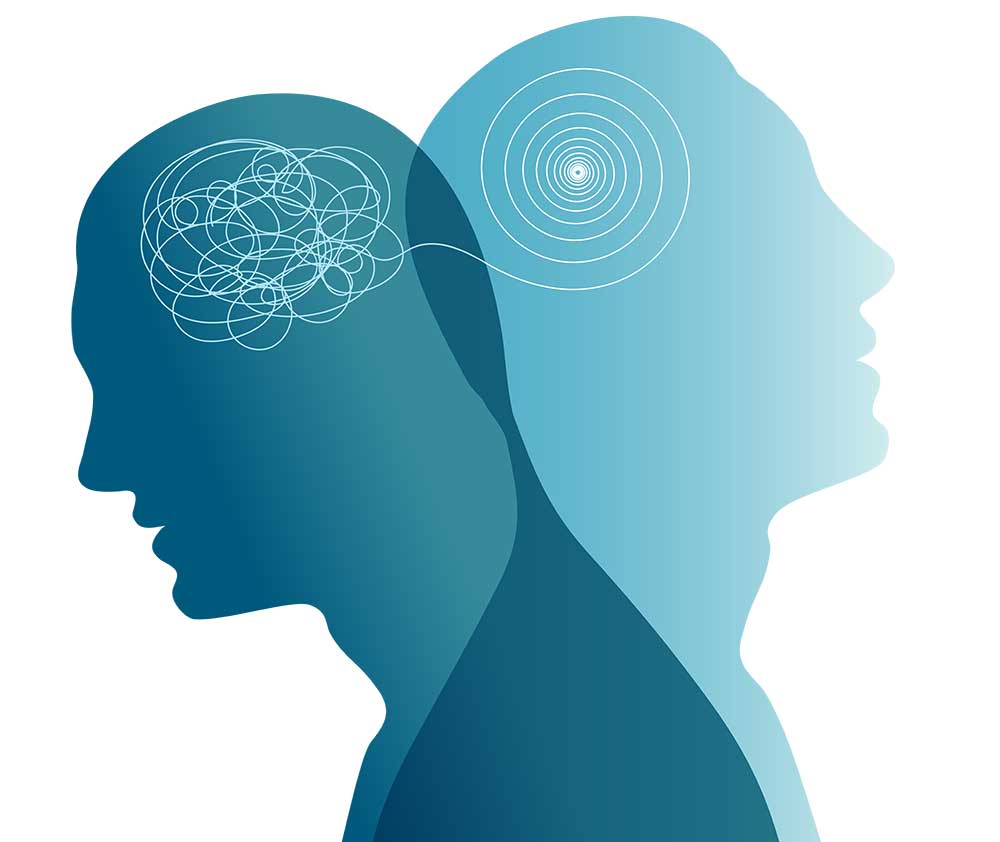
What are Dual Diagnosis and Co-Occurring Disorders?
According to SAMSHA, “Co-occurring mental illness and substance abuse are often referred to as co-occurring disorders. To recover fully, a consumer with co-occurring disorders needs treatment for both problems—focusing on one does not ensure the other will go away. Dual-diagnosis services integrate assistance for each condition, helping people recover from both in one setting, at the same time.”
Many people abuse substances because the circumstances in their lives are so overwhelming. Digging into the underlying issues are critical. Sometimes, the lack of coping skills are the reason to blame for where an individual finds themselves.
Other times, it can be because of specific circumstances. Proper evaluations and treatment plans combined with assessing the presence or absence of a mental health disorder is crucial to long-term success. True freedom is within reach.

YOU ARE NOT ALONE
What follows are some statistics, provided by the National Alliance on Mental Illness, on the prevalence of co-occurring disorders:
- Roughly 50 percent of individuals with severe mental disorders are affected by substance abuse.
- Thirty-seven percent of alcohol abusers and 53 percent of drug abusers also have at least one serious mental illness.
- Of all people diagnosed as mentally ill, 29 percent abuse either alcohol or drugs.
- Of people with a 12-month addictive disorder, 42.7 percent had at least one 12- month mental disorder.
- Of individuals with a 12-month mental disorder, 14.7 percent had at least one 12-month addictive disorder.
- Forty-seven percent of individuals with schizophrenia also had a substance abuse disorder (more than four times as likely as the general population).
- Sixty-one percent of individuals with bipolar disorder also had a substance abuse disorder (more than five times as likely as the general population)
- Often, people can suffer from more than one psychiatric disorder at a time. In addition, people can suffer from psychiatric and medical disorders simultaneously and may need treatment referrals for both.


